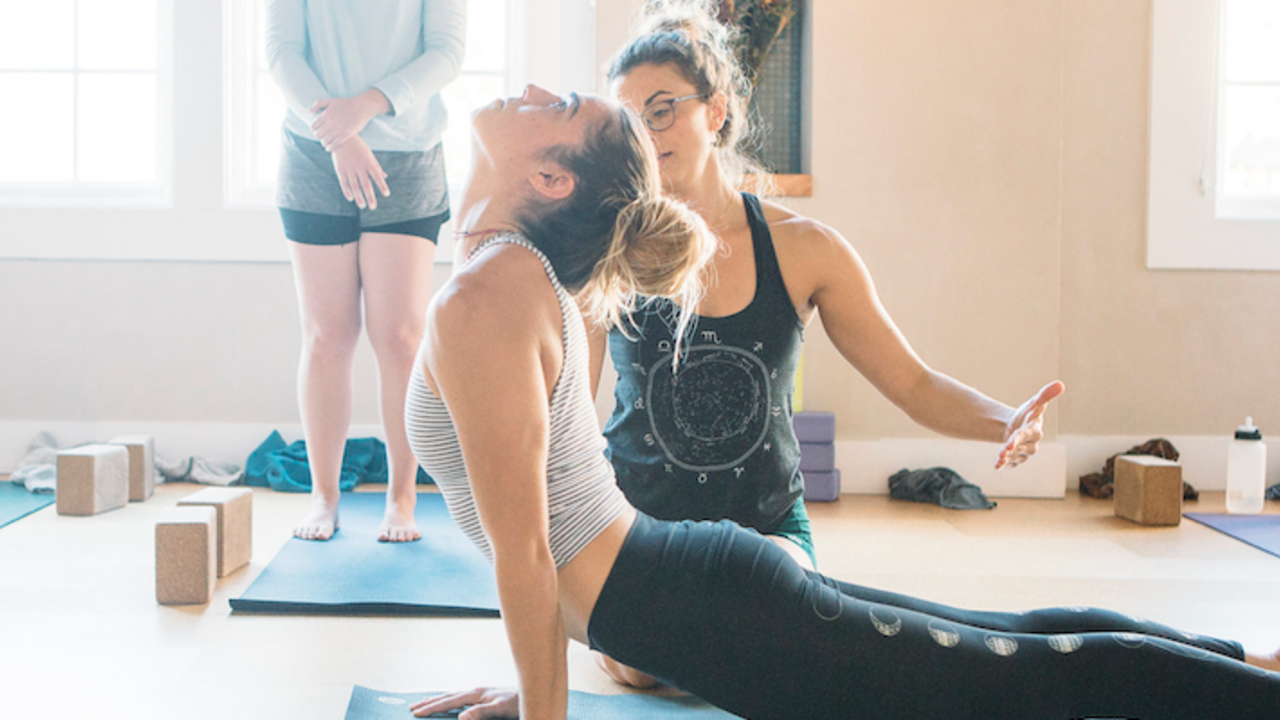
Beginner's Mind
Apr 27, 2017“In the Beginner’s Mind there are many possibilities. In the expert’s mind there are few.”
With each week, month, year of practice I find it more difficult to remember what it felt like to be a beginner. I try to remember those first months of practice. Back to when my body was full of new sensations and my mind was so focused on what I was trying to do that I couldn’t possibly be anywhere else except for in that moment. I didn’t worry about alignment or wardrobe malfunctions, if I smelled or how the pose three poses from now is going to go because I didn’t know what was coming next and I was too uncomfortable to care.
New students in my Mysore room are the best reminder for me of what it was like to be new to this practice. The students usually seem a little confused, because they don’t know how to do a sun salutation or what is coming next. They look around the room with curiosity and wonder because it is all brand new. They may be a little uncertain about what they’ve gotten themselves into, but they are wide awake and present.
It’s only after things start to make sense, when you know what comes next, and start to get a little comfortable, that the mind begins to generate fears, expectation, or any number of things to pull you away from what you are doing.
One of the beautiful things about Ashtanga is that it keeps us returning to those first moments of practice by continually giving us opportunities to expand our horizons. The series of asana keep advancing to hold our focus and make sure we don’t get too comfortable. Just when you start to feel like you have things under control, a good teacher will be able to throw you a curve ball, change things up, or ask you to reinvestigate an old pose in a new way – something that pulls you back into the moment and away from all the chatter in your mind. Something that gives you a new place to be uncomfortable.
When we come up against doubts or questions to keep an open mind and trust that all things are possible. Focus on the questions, not the answers. Return to the beginner’s mind and the intuition and curiosity that characterized our first days of practice, when we had a million questions, and a million doubts, and we showed up anyway.
If you stick with the practice for any length of time you quickly learn that all the excuses about why you couldn’t and all the expectations about what you couldn’t do turn out to be inaccurate products of a fearful mind.
And maybe that is the biggest benefit of this practice. You have to learn to let go of the notion of being an expert, because there will always be something new to work on and you’ll never have all the answers. This practice doesn’t prioritize perfection, but presence. It encourages us to experience each moment fully. The system requires us to take it one breath at a time, one step at a time. We are expected to keep falling down and keep getting up.
One of my favorite lessons that Ashtanga has taught me is to make use of this experience of being present. To allow it to translate off the mat and approach the experience of discomfort in our lives the same way we do in our practice. To breathe deeply, to stay present, to redirect ourselves from the doubt, the fears, and mindless chatter that pull us away from this moment and instead be wide awake and fully present in this moment.
Check out my online courses – including and Introduction to Ashtanga!
Stay connected with news and updates!
Join our mailing list to receive the latest news and updates from our team.
Don't worry, your information will not be shared.
We hate SPAM. We will never sell your information, for any reason.



